In a world increasingly aware of environmental impact, dating culture is undergoing a quiet revolution. Gone are the days when extravagant gestures and wasteful habits were considered romantic. Today, a new wave of eco-conscious couples is redefining what it means to have a meaningful connection—one that extends beyond personal chemistry to include planetary wellbeing. From calculating carbon footprints to planning zero-waste dinners, sustainable dating is no longer a niche trend but a growing movement among those who want their love stories to align with their values.
The concept of carbon footprint dating has emerged as a surprising yet logical extension of modern environmental awareness. Apps and websites now help potential matches compare their ecological impact before even meeting for coffee. Some platforms calculate users' annual carbon emissions based on travel habits, dietary choices, and energy consumption, using these metrics as compatibility filters. While skeptics might dismiss this as overly clinical, proponents argue that shared environmental values create stronger foundations for relationships than many traditional compatibility measures.
Dinner dates, long considered the cornerstone of romantic courtship, have become a particular focus for eco-conscious couples. The typical restaurant meal generates significant food waste, relies on ingredients transported across continents, and often uses excessive packaging. In response, inventive daters are creating zero-waste dining experiences that turn sustainability into an intimate adventure. Some forage for local ingredients together, while others challenge themselves to prepare meals using only what's already in their pantries. These culinary experiments not only reduce environmental impact but often lead to more memorable and authentic connections than conventional dinner dates.
Transportation presents another frontier for green dating innovation. The carbon emissions from multiple car trips during the early stages of dating can accumulate surprisingly quickly. Environmentally-minded singles are getting creative with solutions—organizing first dates within walking distance, using bike shares for urban adventures, or even meeting via video call before committing to in-person meetings. Some couples have turned transportation challenges into bonding opportunities, learning to sail together or taking cross-country train trips instead of flights for long-distance relationships.
The rise of sustainable dating reflects broader cultural shifts in how younger generations approach relationships. Millennials and Gen Z, having come of age during climate crises and economic instability, tend to value experiences over material displays of affection. An elegantly packaged gift holds less appeal than a thoughtfully planned day of volunteering at a community garden or participating in a beach cleanup together. These shared activities not only avoid unnecessary consumption but create meaningful memories while contributing to environmental causes.
Even traditional romantic gestures are being reimagined through an ecological lens. Instead of cut flowers that wilt within days, partners might plant a tree together on significant anniversaries. Vintage jewelry replaces newly mined gemstones as tokens of commitment. Handwritten letters on recycled paper carry more sentimental weight than energy-intensive digital communications for some couples. These adaptations demonstrate how environmental consciousness can deepen rather than diminish romantic expression.
The movement isn't without its challenges and contradictions. Navigating different levels of environmental commitment between partners requires communication and compromise. One person's dedication to zero-waste living might clash with another's occasional indulgence in convenience foods. However, many couples find that these discussions lead to greater understanding and mutual growth. The key lies in focusing on progress rather than perfection—celebrating small sustainable choices while acknowledging that complete environmental neutrality remains an aspirational goal.
As sustainable dating gains popularity, businesses are taking notice. Green dating coaches offer advice on low-impact romance, while specialty companies curate eco-friendly date packages featuring organic wines and locally sourced picnic baskets. Even mainstream dating apps have added sustainability preferences to their matching algorithms. This commercialization raises questions about whether the movement can maintain its authentic spirit as it enters the mainstream, but also demonstrates its growing cultural influence.
Beyond individual relationships, the rise of eco-conscious dating reflects a profound shift in how society conceptualizes love and responsibility. Romantic partnerships have always involved some consideration of shared futures, but now that future explicitly includes the wellbeing of the planet. For many couples, discussing climate change and environmental action has become as natural as talking about children or career goals. This integration of personal and planetary concerns may represent dating's next evolutionary step—one where true compatibility includes walking lightly on the earth together.
Ultimately, sustainable dating isn't about deprivation or rigid rules. It's about couples finding creative ways to express care—for each other and for the world they inhabit. Whether through a home-cooked meal of imperfect vegetables rescued from grocery store discard piles or a shared commitment to reduce air travel, these small acts accumulate into something larger than any individual relationship. They form part of a cultural transformation where love isn't just something we feel, but something we do—consciously, responsibly, and with an eye toward leaving the planet better than we found it.
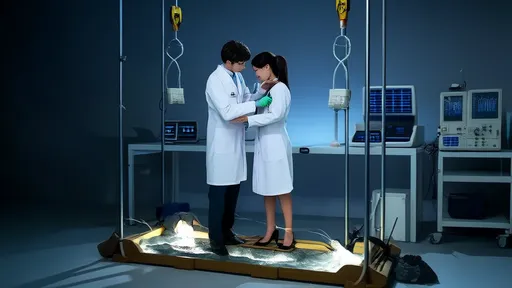
By /Jul 3, 2025

By /Jul 3, 2025
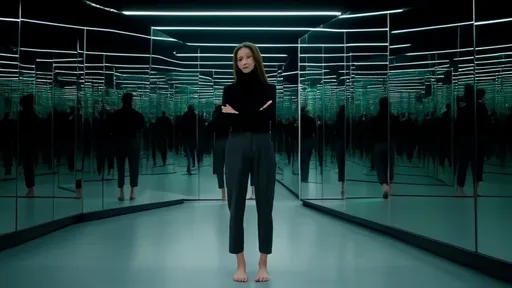
By /Jul 3, 2025
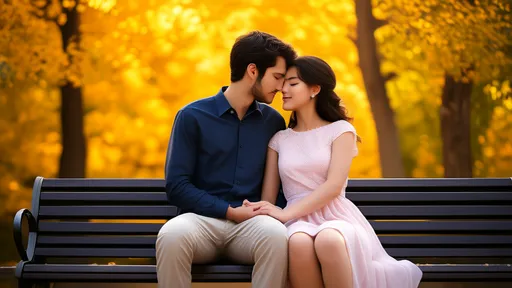
By /Jul 3, 2025
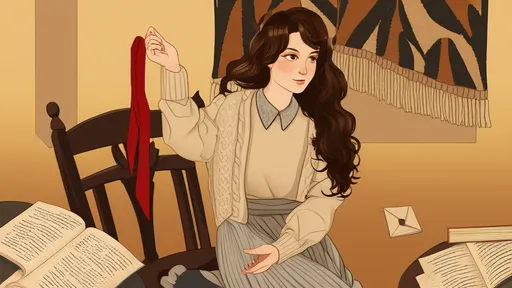
By /Jul 3, 2025
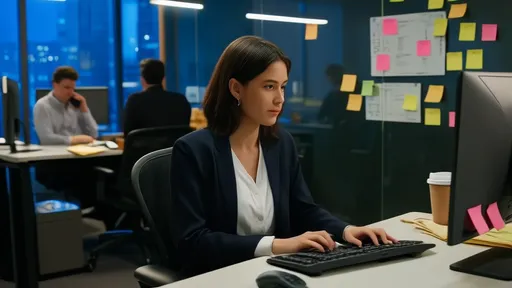
By /Jul 3, 2025
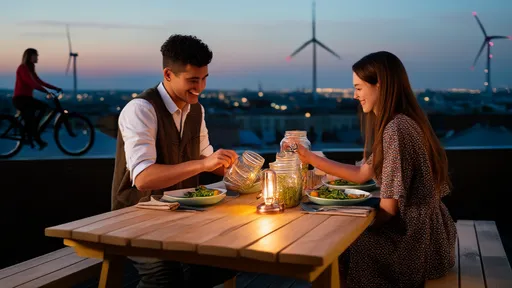
By /Jul 3, 2025
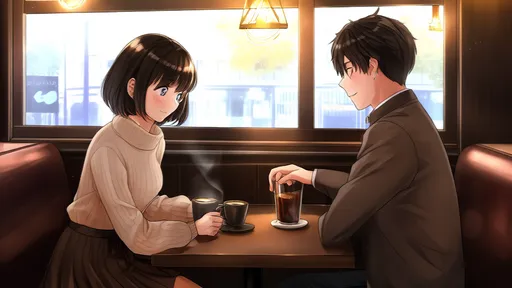
By /Jul 3, 2025
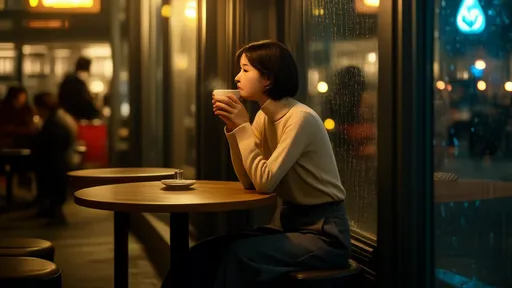
By /Jul 3, 2025

By /Jul 3, 2025
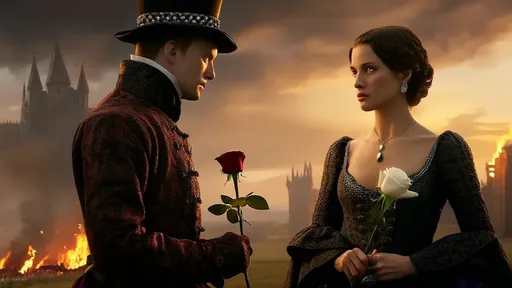
By /Jul 3, 2025
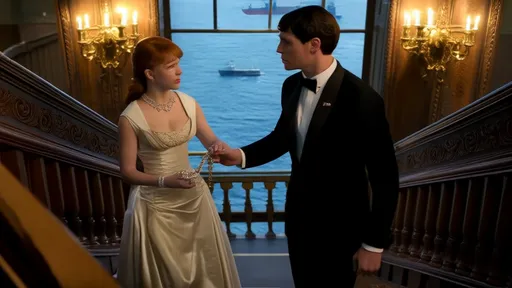
By /Jul 3, 2025
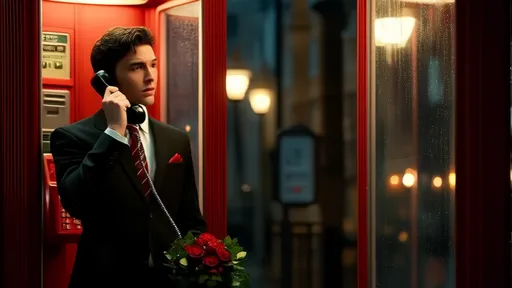
By /Jul 3, 2025
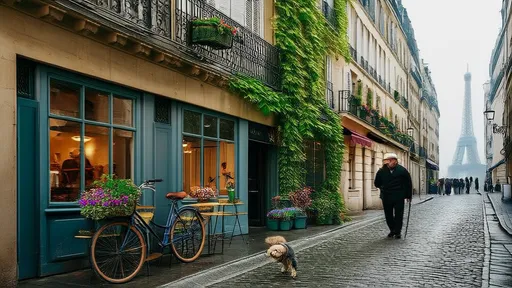
By /Jul 3, 2025
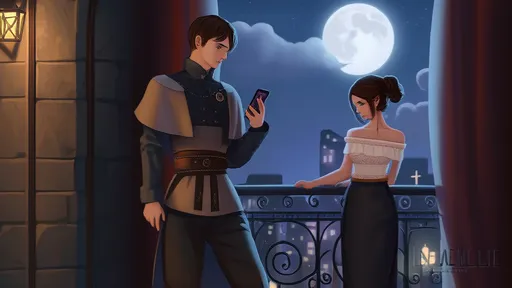
By /Jul 3, 2025
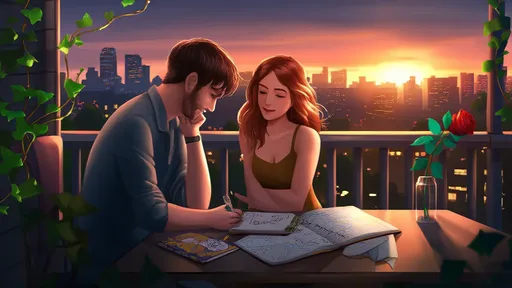
By /Jul 3, 2025
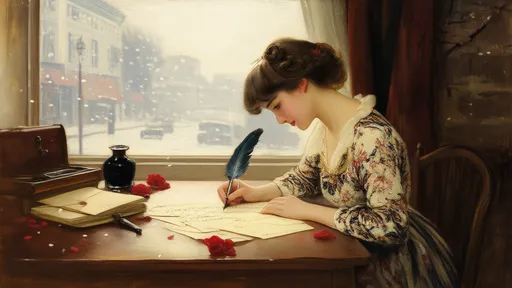
By /Jul 3, 2025
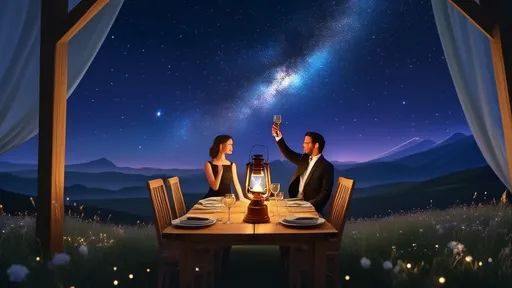
By /Jul 3, 2025